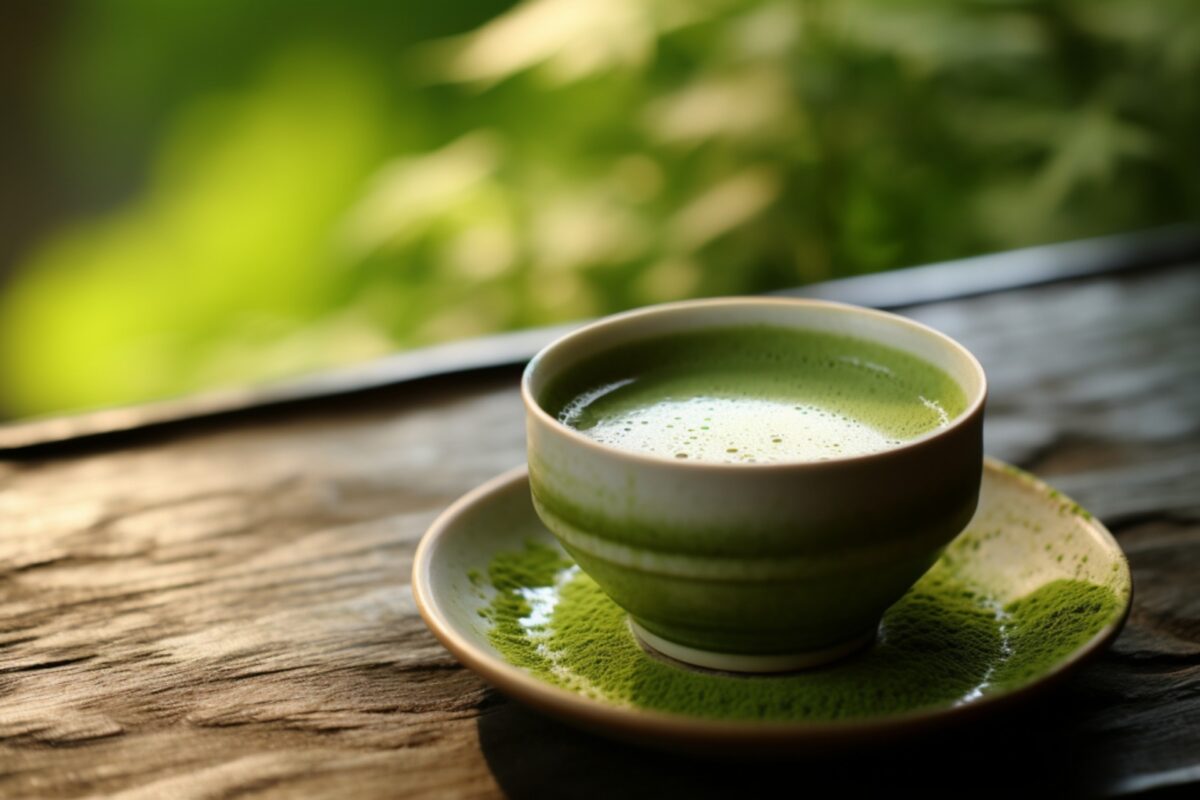The Anti Aging Properties of Matcha
Is Matcha anti-aging?
The Japanese green tea powder with some special processing, Matcha, is increasingly prevalent in the Western world. It seems healthy, in line with the general impression of Japanese food. But, further actual details are not known well.
Here we discuss how Matcha helps your anti-aging, regarding your skincare and other issues.
What is Matcha?
Matcha is a type of green tea that originates from Japan. Unlike other green teas, matcha is from tea buds ground into a fine powder through traditional special processing of Japanese Matcha manufacturers. Unlike simple tea leaf powders, it has a specific, vivid green color and flavor.
The original application is to drink it with hot water for a tea ceremony. But the main applications in modern times is industrial applications, from ice cream to dairy beverage to chocolate.
The process allows you to consume the whole tea buds, not just the brewed water, making it richer in antioxidants and other beneficial compounds.
Concerning the keyword “is matcha anti-aging,” we should note that matcha is high in antioxidants called catechins, which we have linked to anti-aging effects in research studies.
The Science Behind Matcha and Anti Aging
The Role of Antioxidants in Anti Aging
Antioxidants play a critical role in anti-aging by neutralizing harmful free radicals in the body that can damage cells and contribute to aging. They effectively prevent or slow down the damage to our cells by these free radicals which is paramount to improving the health and longevity of our cells. This mechanism gives antioxidants their anti-aging properties.
Matcha is rich in antioxidants, especially a type known as catechins. These powerful antioxidants help protect the body against cell damage and prevent signs of aging.
The high antioxidant content of matcha makes it a good choice for those seeking to help slow down the aging process and maintain a youthful appearance. Therefore, incorporating matcha into your diet may deliver significant anti-aging benefits.
Recent Studies on Matcha and Skin Health
Another primary antioxidants found in matcha is epigallocatechin gallate (EGCG). Research shows that EGCG reduces inflammation, helps maintain healthy arteries, and can slow cell degeneration, all of which may help to prevent premature aging.
Moreover, matcha also contains a unique combination of other nutrients, including L-Theanine and chlorophyll, which can aid in skin vitality and protection against sun damage, both factors in aging.
It should be noted that while the antioxidant and anti-inflammatory properties of matcha can assist in slowing down the aging process, they are not a cure-all solution. Maintaining a balanced diet and lifestyle is critical for maintaining overall health and well-being.
How to Use Matcha for Anti Aging
Drinking Matcha for Skin Health
Matcha boasts an impressive array of health benefits, as we have already discussed, including potential anti-aging properties for your skin.
The traditional and original application is to drink the powder by adding hot water and stirring it in a tea ceremony. But it is not popular even in its origin country Japan and, not to mention. It’s almost impossible to buy Matcha powder for daily use outside Japan.
If you enjoy Matcha’s health benefits, it will be easy to eat and drink foods made with Matcha powder, like ready-to-drink beverages. Or, more standard green tea leaves have similar health benefits.
Matcha-based Skin Care Products
Matcha is not only a popular beverage but it’s also being recognized for its remarkable benefits in skin care. High in antioxidants, matcha possesses anti-aging properties that fight against the negative effects of UV radiation and free radicals, contributing to skin protection, reducing inflammation, and enhancing overall skin health.
Skin care products formulated with matcha like creams, masks, and serums can significantly improve the texture and tone of the skin. These products can help diminish the appearance of fine lines, wrinkles, and improve skin elasticity, demonstrating matcha’s potential anti-aging effects.
As such, matcha-based skin care products provide a natural and healthy option for those looking for anti-aging alternatives. It’s worth considering incorporating these products into your skin care routine to achieve a youthful, glowing complexion.
Other ways to take the Matcha’s health benefits
Apart from drinking and incorporating in skincare products, matcha can be used in other ways for anti-aging purposes.
1. DIY Face Masks: A simple matcha face mask can be made by mixing matcha powder and honey. Applied once a week, this mask can rejuvenate your skin and reduce signs of aging.
2. Bath Soaks: Adding matcha to your bathwater can allow your skin to absorb its antioxidants directly. This can improve skin elasticity while also detoxifying your skin.
3. Food: Integrating matcha into your diet by adding it to your smoothies, oatmeal, salads, or baking products can provide internal health benefits and be a great preventative measure against aging.
Remember, while matcha has many potential benefits, it should not replace a balanced, nutritious diet or a regular skincare routine.
Benefits of Matcha Beyond Anti Aging
The Overall Health Benefits of Matcha
In addition to the anti-aging benefits we have discussed, Matcha may also boost brain function, protect the liver, and promote heart health.
In addition, its chlorophyll content assists in detoxification, while L-theanine amino acid induces relaxation and relief from stress and anxiety.
The Role of Matcha in Mental Health
In addition to all physical benefits of Matcha, its role in mental health is equally noteworthy.
A key ingredient in Matcha, L-theanine, an amino acid, promotes relaxation and stress relief without inducing drowsiness. Additionally, it stimulates alpha wave activity in the brain, which can increase focus and clarity of mind. These effects combined with a modest caffeine content provide a calm, stable form of energy that many find superior to the sometimes jittery stimulation provided by coffee.
The result is a state of relaxed alertness that can support mindfulness practices and overall mental health. Therefore, incorporating matcha in your diet could be beneficial not only for physical health but also for promoting mental well-being.


